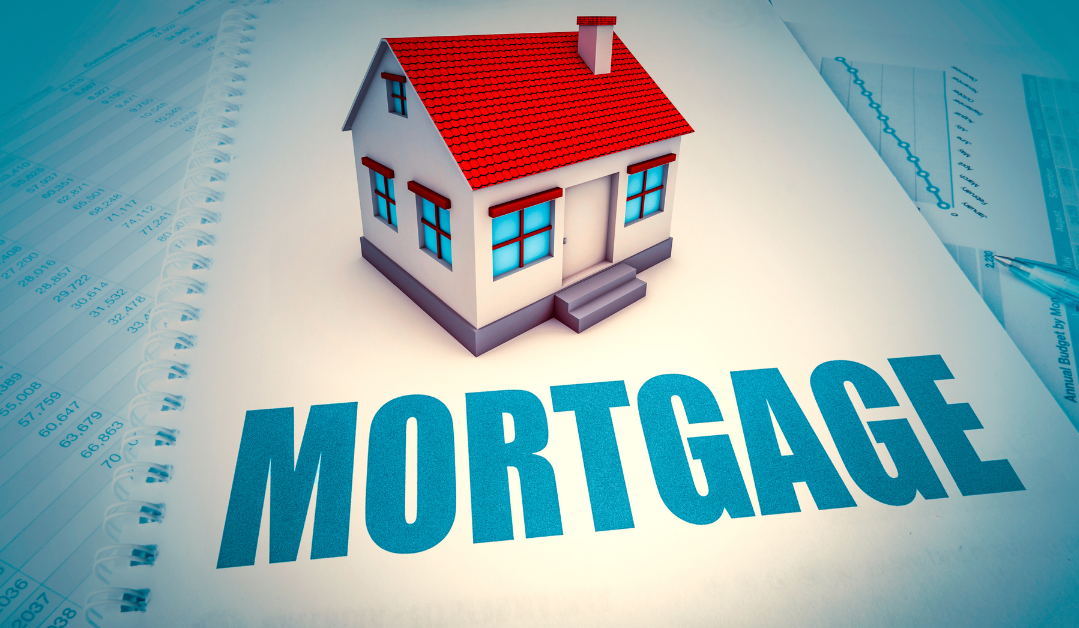Real Estate - Your Best Long-Term Investment
Posted by Infinity Admin on

In a world of evolving markets and shifting trends, real estate has stood the test of time as a reliable long-term investment. However, with headlines buzzing about home prices and mortgage rates, you may find yourself questioning whether now is the right time to invest in homeownership. In this blog post, we'll share valuable tips and insights to help you confidently navigate the real estate landscape. Discover why real estate is a solid long-term investment and gain the knowledge to make informed decisions that will shape your financial future.
- Embracing Resilience: Real Estate's Track Record
Real estate has withstood the test of time as a resilient investment. Unlike volatile markets, it provides stability and consistent returns. By…
424 Views, 0 Comments

.png)








